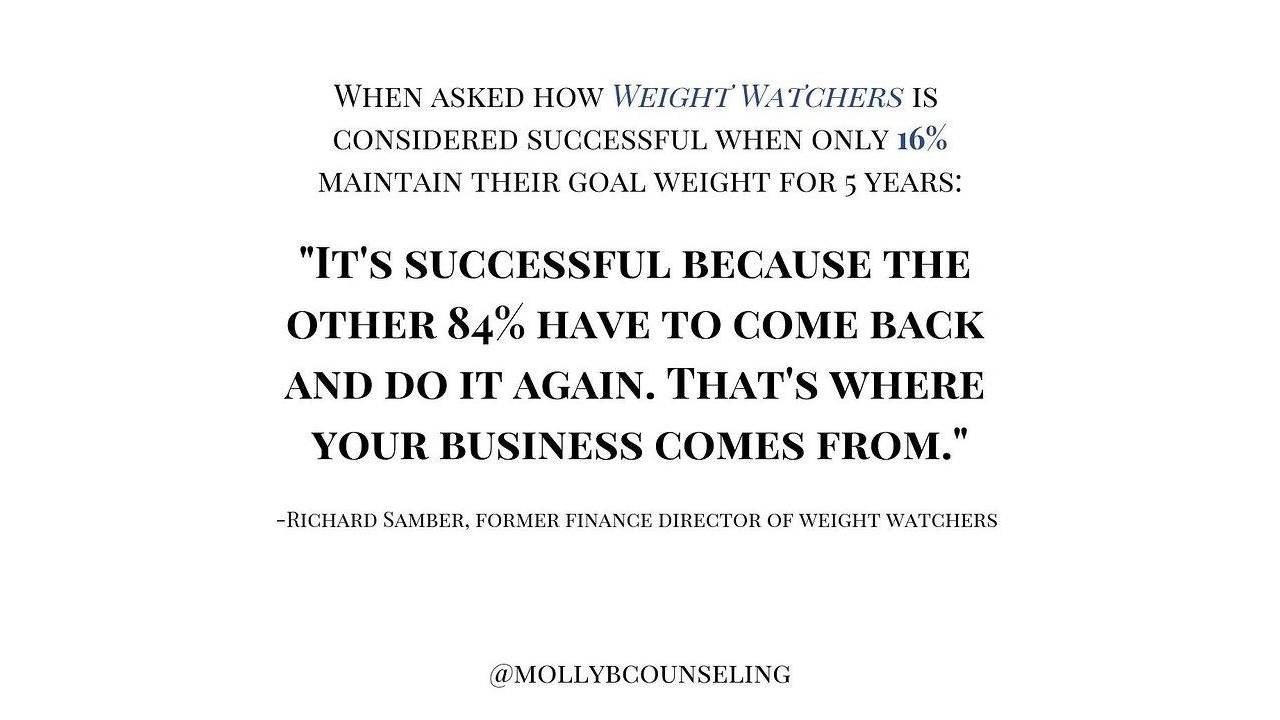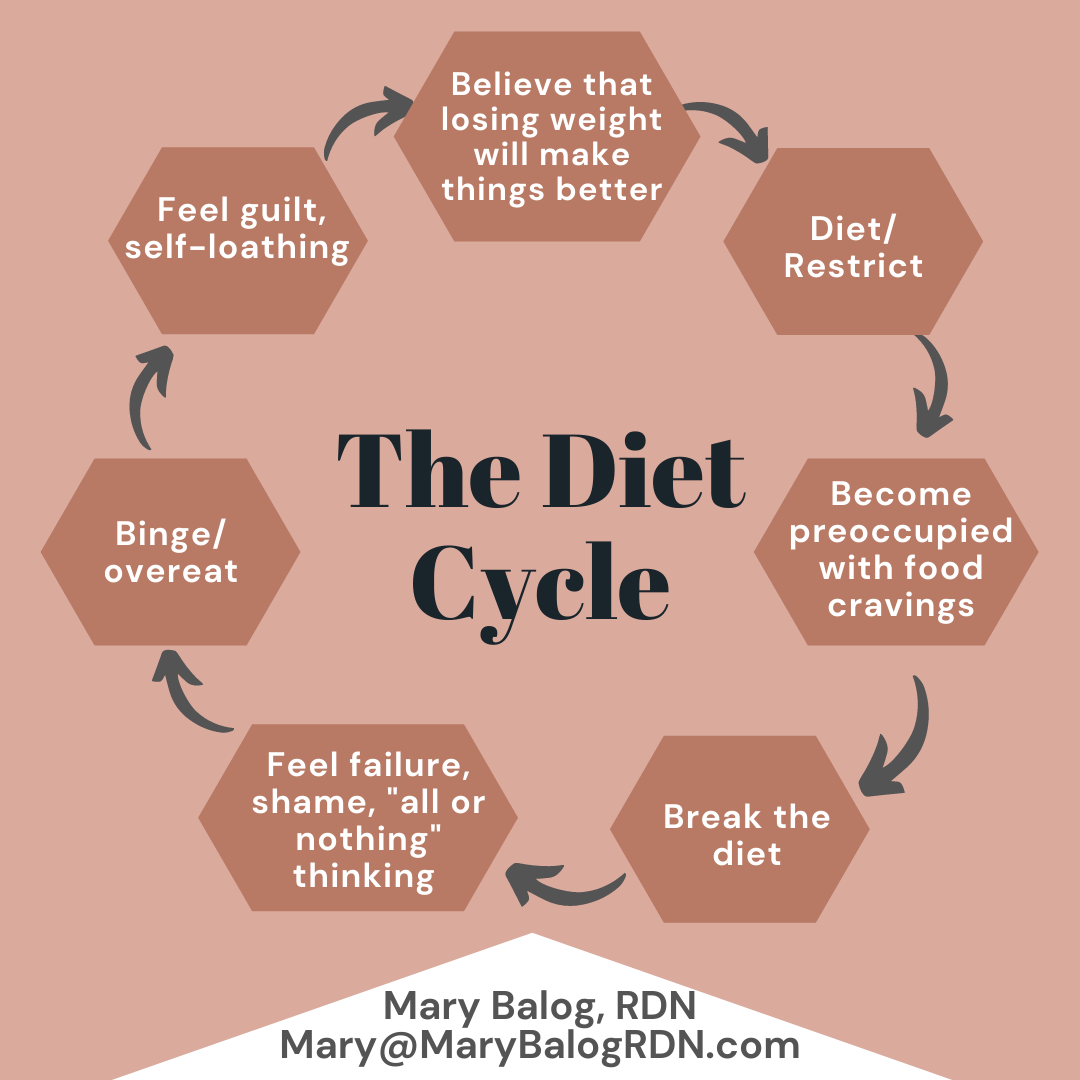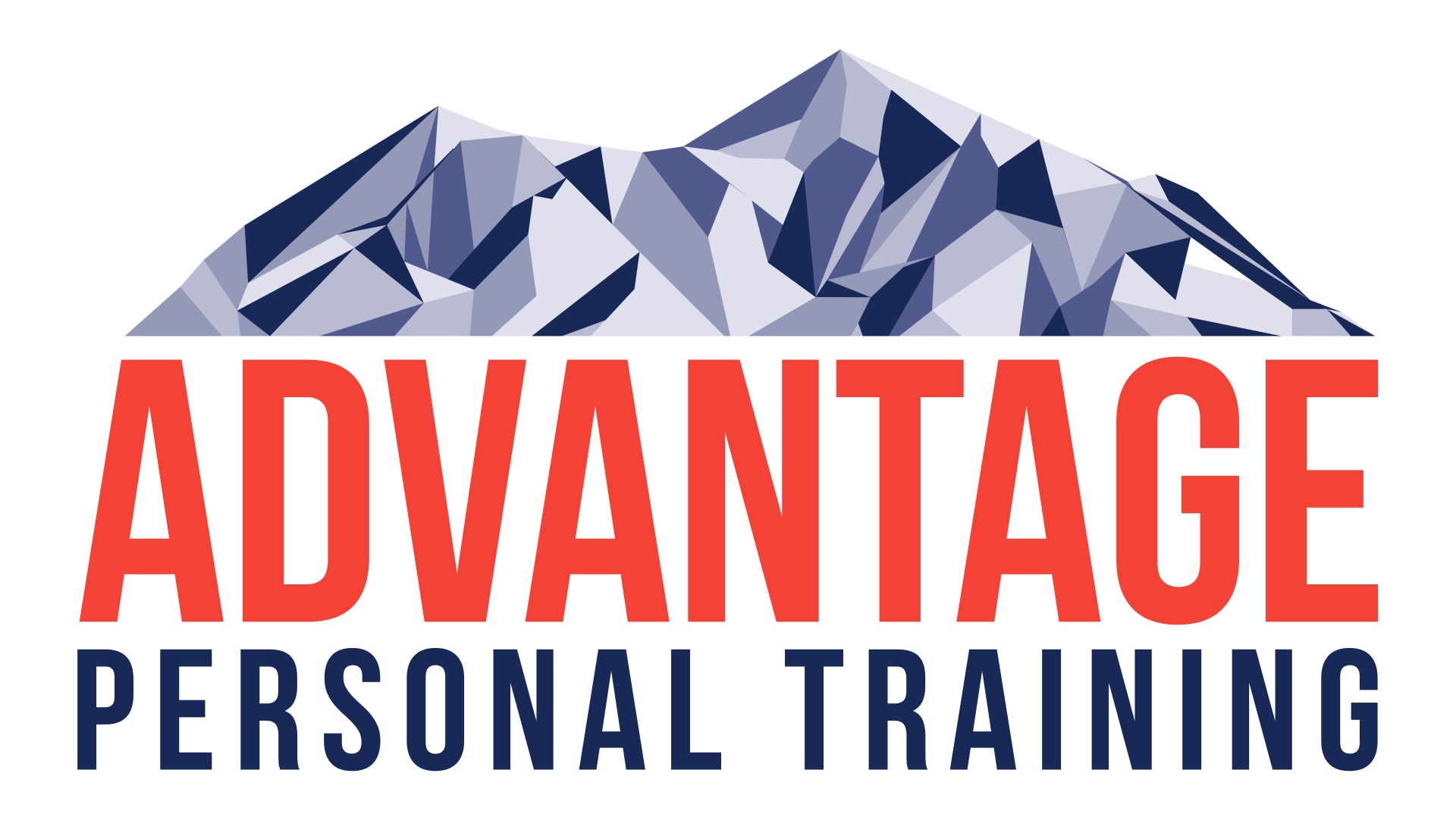Therapy Time: My hamstrings are tight…or are they?
If I had a penny for every time someone told me (insert something here), my bank account would be happy.
Every person I have ever seen has told me that they have a high tolerance for pain. Okay, maybe not every single one but at least 80% of them. I hear the exact same thing about tight hamstrings. They say…..wait for it……”I have tight hamstrings.”
The fascinating part of this is that most of the time, 75% or more, when I take a look at the person in front of me they, in fact, do not have tight hamstrings.
Shall we start with a task?
Take your shoes off, stand with your feet close together, bend down and try to touch your toes.
This is about as far as most people go when determining the tightness of their hamstrings. Can you do it? If so, you likely don’t have tight hamstrings.
No, you can’t do it? Alright let’s move on. Lay flat on your back with both feet together. Keeping both knees straight, do a straight leg raise as far as you can.
Is your leg close to perpendicular with the ceiling (80 degrees of hip flexion if you’re having someone else look)? You’re definitely not tight in the hamstrings.
Not at that much straight leg raise? Have a super friend help you. Did you improve quite a bit and get to 80 degrees? Yes you say…you’re not tight in the hamstrings.
At this point, if you were still unable to get towards that 80 degree mark, you may very well actually be tight in the hamstrings.
If you’re an athlete and you find that you can’t touch your toes but you have a full straight leg raise, it is certainly worth figuring out why? Tight hip flexors, weak abs, poor glute control, neural components and guarding can all play a part. Any of these things should be addressed to round out your total training program.
Taking the test and find the opposite is true? That you can touch your palms to the floor? Particularly for the youth athletes if you have hypermobility, aka an laxity in your joints which allows you to have greater end ranges of motion, this is something you also want to get a handle on right now. Those who are unable to control their own joints in space are also more likely to wind up on the side lines. The weird thing is that many people with hypermobility report that they feel stiff and that they need to stretch all the time.
If you’re an athlete and you feel stiff all the time or are already in pain, come in and get an assessment. No doctor’s presciption is needed (though if you submit for reimburement through you and your parents insurance, you should contact the insurance company to ask). On your first visit with me, you get a full hour of one on one time. We talk about your situation and take a look at everything, head to toe in a systematic approach to make sure we don’t leave any stone un-turned. We then give you an approach to help get things in order, communicate directly with your strength coach, and return you to proper training as soon as possible. If you have questions, feel free to contact me, Greg, at [email protected]




Advantage Personal Training is an Ann Arbor based Family Oriented Gym, focusing on the training needs of individuals, small groups and youth athletes. Meet with a results-oriented personal trainer and put yourself on the path to a more active life!
SERVICES
CONTACT INFORMATION
Hours of Operation
Mon to Fri: 6:00 AM - 8:30 PM
Sat: 8:30 AM - 12:30 PM
Sun: CLOSED
All Rights Reserved | Advantage Personal Training

